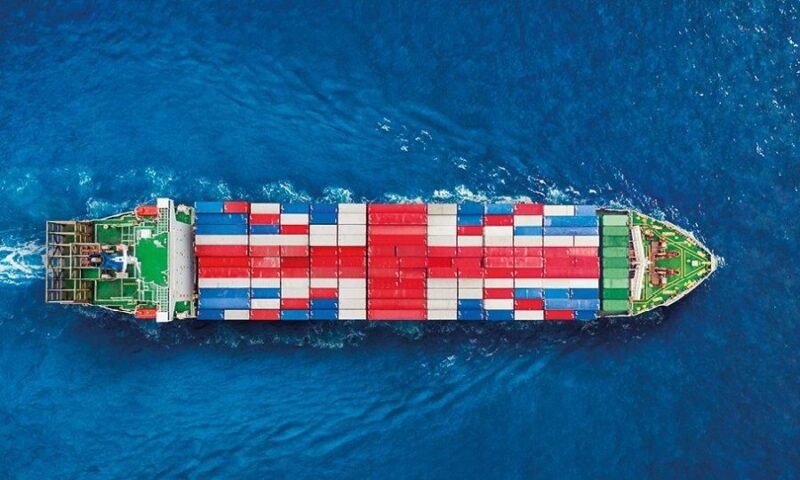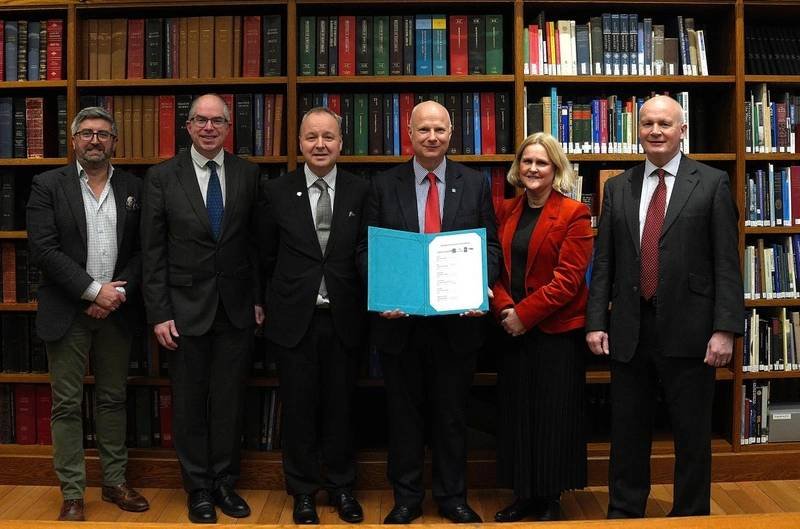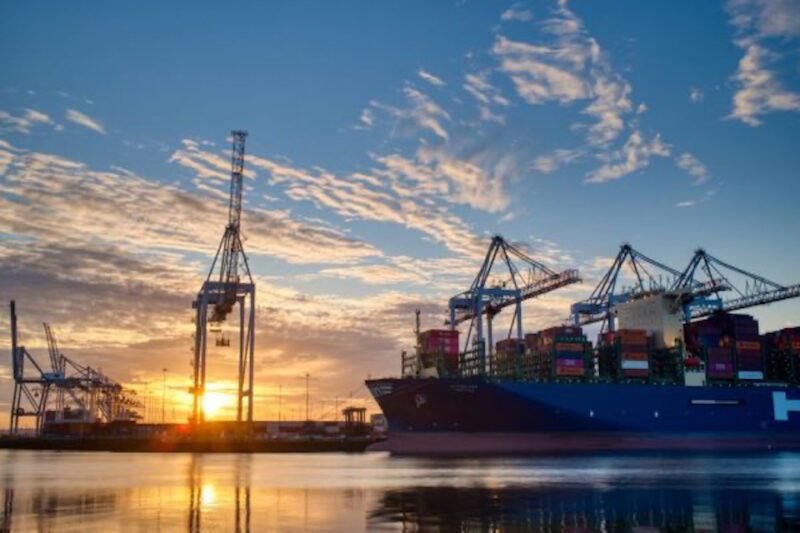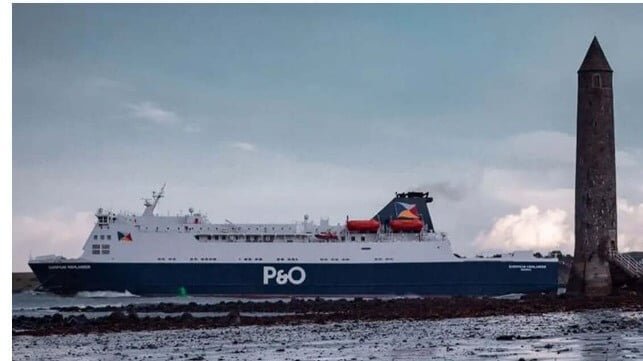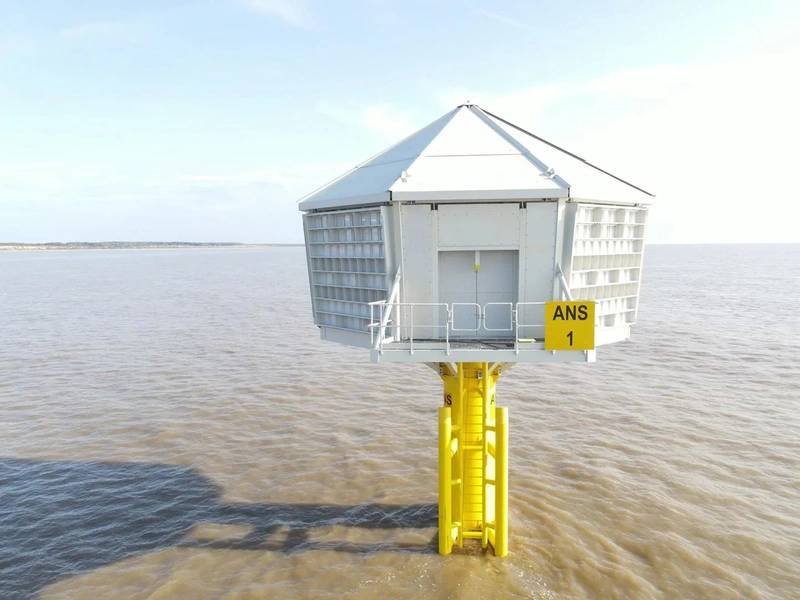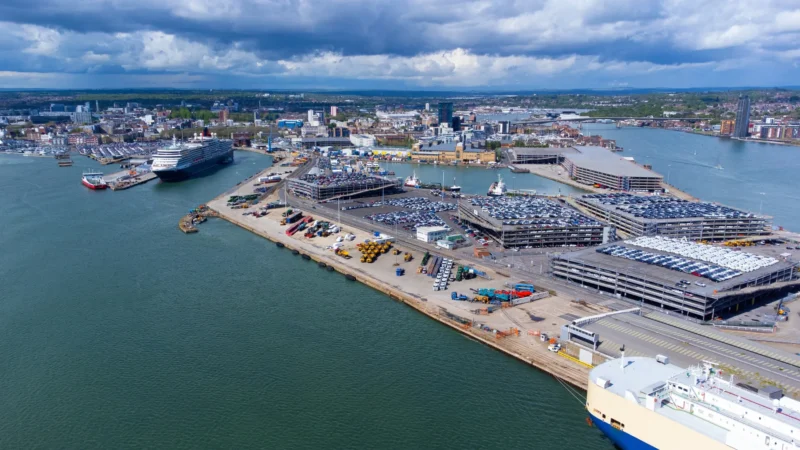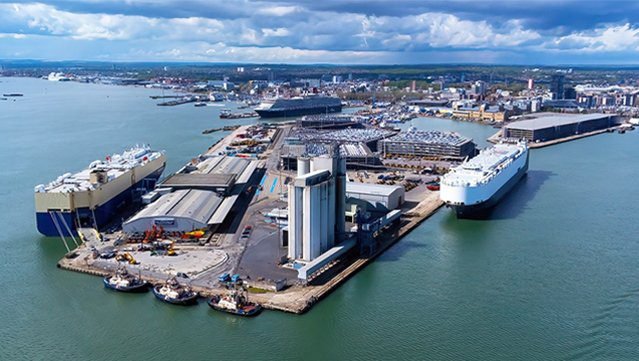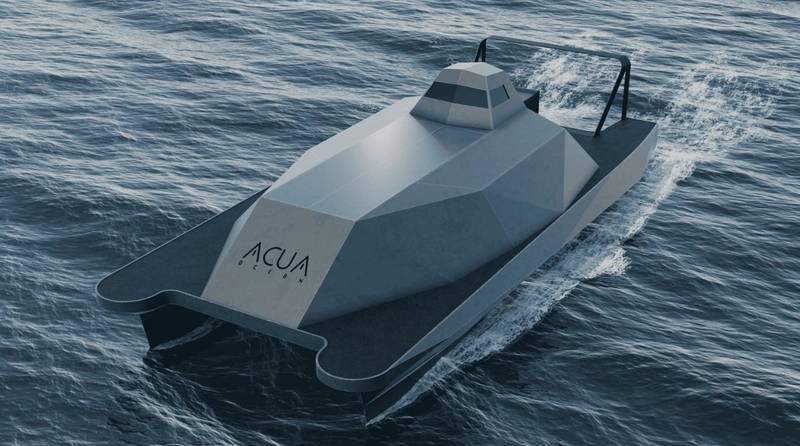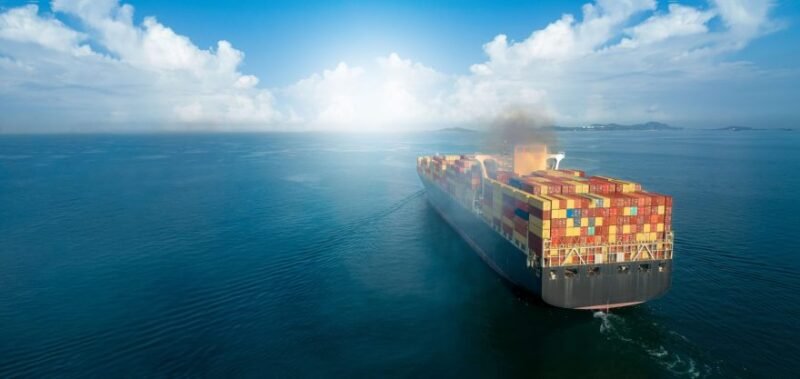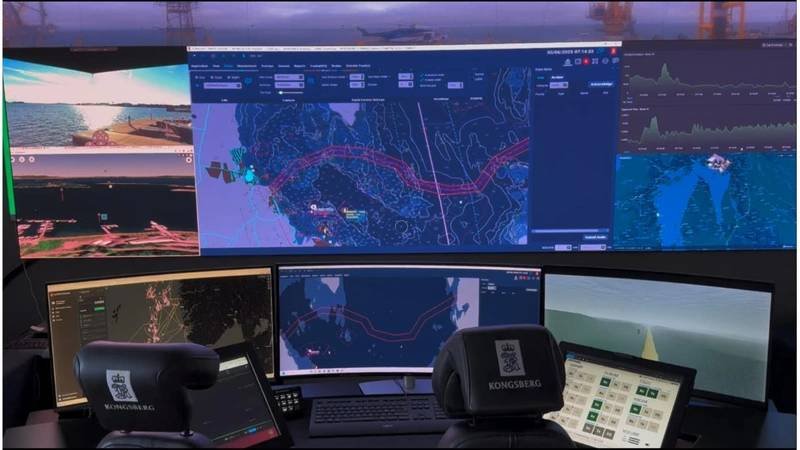The Industrial Decarbonisation Research and Innovation Centre (IDRIC) at Heriot-Watt University is part of a consortium awarded over £1 million to develop a digital twin solution aimed at reducing shipping emissions. This innovative technology promises to enhance navigation efficiency, significantly lowering fuel consumption and environmental impact, thereby contributing to cleaner global shipping practices. The consortium, led by CGI through its Sustainability Exploration and Environmental Data Science (SEEDS) program, collaborates with IDRIC and Maritime UK, which represents the UK maritime industries.
The project, named “MaritimeTwin,” will merge real-time satellite data with advanced digital twin technology, creating a virtual model of maritime operations. This integration will facilitate precise route planning, optimize fuel usage, and monitor emissions, thereby supporting decarbonisation efforts and reinforcing the UK’s leadership in clean maritime technology. The tool will empower shipping operators to simulate different scenarios and make data-driven decisions that balance operational efficiency with environmental considerations.
Professor Mercedes Maroto-Valer, IDRIC’s Director, emphasized the importance of rigorous research in navigating the complex pathways to maritime decarbonisation. The consortium aims to quickly develop and deploy transformative solutions through collaboration and real-world testing. Mattie Yeta, Chief Sustainability Officer at CGI UK, noted that the project addresses the urgent need for maritime decarbonisation while bolstering the UK’s position in clean technology and creating high-skilled jobs.
With the maritime sector currently responsible for about 3% of global greenhouse gas emissions, projections indicate this could rise to 10% by 2050 without proactive measures. MaritimeTwin seeks to tackle this challenge, aligning with International Maritime Organization targets and reinforcing the UK’s role as a leader in sustainable maritime practices.
Share it now







